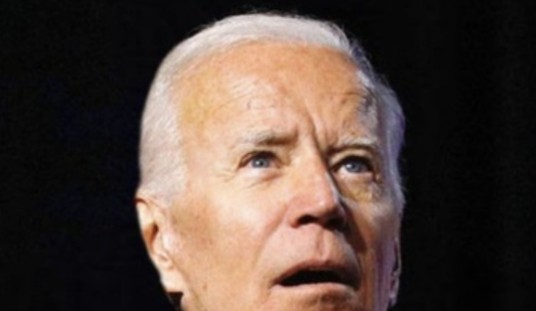A new argument has arisen about the individual mandate after the passage of Obamacare. Some have insisted that the mandate penalty provision got rewritten quietly before passage to keep the IRS from penalizing taxpayers — or more accurately, to keep the IRS from prosecuting taxpayers who refuse to pay the penalties they levy for not having acceptable medical insurance. IRS Commissioner Doug Shulman says there’s more than one way to defur the feline:
Individuals who don’t purchase health insurance may lose their tax refunds according to IRS Commissioner Doug Shulman. After acknowledging the recently passed health-care bill limits the agency’s options for enforcing the individual mandate, Shulman told reporters that the most likely way to penalize individuals that don’t comply is by reducing or confiscating their tax refunds.
Speaking at the National Press Club on Monday, Shulman downplayed the IRS’s role in enforcing the recent overhaul of the health insurance industry by claiming the agency would not aggressively target individuals who don’t purchase coverage. He noted that the health-care bill expressly forbids the agency from freezing bank accounts, seizing assets or pursuing criminal charges, but when pressed said the IRS would most likely use tax refund offsets to penalize those that don’t comply with the mandate. The IRS uses refund offsets to collect from individuals that owe the federal government a delinquent debt.
“These are not the kinds of things we send agents out about,” Shulman said. “These are things where you get a letter from us. Congress was very careful to make sure there was nothing too punitive in this bill.”
Many reports have claimed that enforcement of the individual mandate will be non-existent, but Shulman’s answers indicate differently. According to BusinessWeek, starting in 2015 Americans who don’t purchase insurance will be subject to a fine of $325 and that sum increases to $695 in 2016. However, the commissioner seemed confident that in most cases individuals would either receive subsidies to purchase insurance or simply do so on their own in order to comply with the law.
Um, sure. We have a massive IRS because individuals are already so compliant with the Byzantine tax laws we have in place now.
Besides, the government cannot afford to allow this mandate to go unenforced, for a couple of reasons. If they want to keep the insurers from throwing their weight behind Repeal & Replace efforts, they need to ensure that the mandate gets taken seriously. More importantly, though, the effect of an unenforced mandate would devastate the ObamaCare program and hasten its repeal. Without forcing millions of younger, healthier people into comprehensive plans they don’t need, insurance premiums will go out of sight once insurers take on all of the customers with pre-existing conditions that currently are outside of the risk pools.
Anyone who has owed some debt to the federal government knows that it acts as a lien on tax refunds. This will be no different. While the bill constrains the IRS from its normal collections activities, it doesn’t keep the agency from deducting fines from tax refunds, as Shulman notes. Since many people overpay their withholding in order to keep from getting nasty surprises at the end of the year, the IRS will have plenty of enforcement power to collect its fines.
So what kind of behavior will this incentivize? Instead of overpaying their withholding, people will begin underpaying instead, or cutting it close enough to owe or be owed very little on April 15th from now on. That will mean lower tax revenues on a month-to-month basis, with less float for Washington.








Join the conversation as a VIP Member